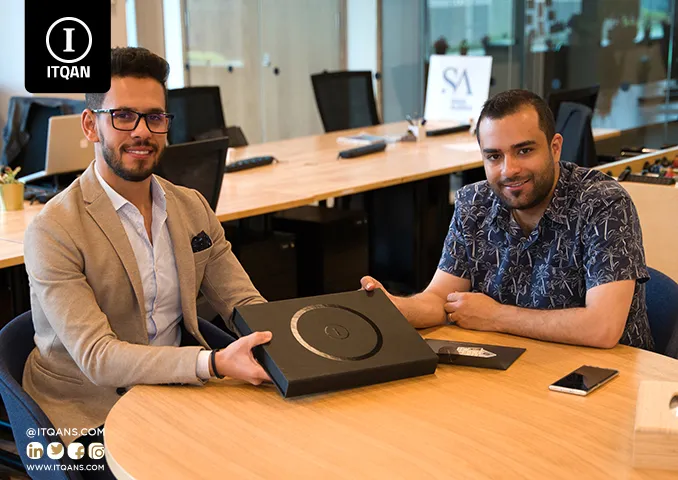How to Set Up a Foreign Company in Dubai: A Complete Guide
Setting up a foreign company in Dubai has become a popular option for global entrepreneurs aiming to expand their operations in the Middle East. Thanks to Dubai’s strategic location, tax-friendly policies, and robust infrastructure, the process of business setup UAE has become smoother and more accessible than ever before.
Why Choose Dubai for Your Business Setup
Before diving into the step-by-step guide, it’s important to understand why Dubai has emerged as a hub for foreign investment. Here are some compelling reasons:
- 100% foreign ownership in several sectors
- No personal or corporate income taxes in most jurisdictions
- State-of-the-art infrastructure and transport facilities
- Political stability and a secure business environment
- Access to a large global talent pool
Key Steps for Business Setup in UAE
To successfully set up a foreign company in Dubai, you need to follow a systematic approach. Below are the essential steps involved in the business setup UAE process:
1. Decide on Business Activity
Your chosen business activity will dictate the type of license required. Dubai allows for a wide range of commercial, industrial, and professional activities. Therefore, choosing the right one is crucial for legal compliance.
2. Choose a Legal Structure
The legal structure of your company determines how operations, liability, and taxation will be handled. Common structures in Dubai include:
- Limited Liability Company (LLC)
- Branch Office
- Representative Office
- Free Zone Company
3. Select Jurisdiction: Free Zone vs Mainland
You can choose between setting up in a free zone or the mainland. Each has its own benefits and regulations.
- Free Zone: Offers 100% foreign ownership, full repatriation of profits, and no import/export duties.
- Mainland: Allows more operational flexibility outside free zone areas and better access to the local market.
For more details, read our article: Best Free Zones in UAE for Business Setup.
4. Register Trade Name
Your trade name must be unique and reflect the nature of your business. Ensure it complies with the naming conventions regulated by the Department of Economic Development (DED).
5. Apply for Initial Approval
After selecting your activity, legal structure, and business name, you’ll need to obtain an initial approval certificate. This confirms that the UAE government has no objection to you starting your business.
6. Draft and Notarize the MOA and LSA
If setting up a mainland company, you must prepare and notarize the Memorandum of Association (MOA) and the Local Service Agent (LSA) agreement, depending on the legal structure.
7. Choose a Business Location
Every company in Dubai requires a physical office space. Whether in a co-working space or a traditional leased office, the premise must meet government criteria. Free zones usually offer flexi-desk options for new businesses.
8. Obtain Licenses and Permits
Depending on your business activity, additional permits may be required from relevant authorities. Common license types include:
- Commercial License
- Industrial License
- Professional License
9. Register with Government Entities
Once you’ve secured your license, you may need to register with entities such as:
- Dubai Chamber of Commerce
- General Directorate of Residency and Foreigners Affairs (for visa applications)
10. Process Visas and Open Bank Account
The final steps include applying for residence visas for investors or employees and opening a corporate bank account. Each bank may have different requirements, so it’s best to consult in advance.
Documents Required for Foreign Company Formation
Prepare the following documents for your business setup in UAE:
- Passport copies of all shareholders/partners
- Proof of residence and visa page
- Dubai address proof (for mainland companies)
- Trade name approval certificate
- Notarized MOA and LSA (if applicable)
Estimated Costs Involved in Starting a Business in Dubai
While costs may vary depending on business type and location, here is a rough estimate:
- Trade License: AED 10,000 to AED 50,000
- Office Rent: AED 15,000 and above per annum
- Visa Costs: AED 3,000–6,000 per visa
- Administration Charges: AED 5,000 (approx.)
Advantages of Business Setup in UAE
When you start a company in the UAE, you access numerous benefits:
- Tax Efficiency: Most jurisdictions have no corporate tax
- Ease of Doing Business: Streamlined regulatory processes
- Diverse Economy: Opportunities across various sectors
- Global Accessibility: Easy access to Europe, Asia, and Africa
Explore more on the UAE Government Portal for the official legal and business setup information.
Common Challenges & How to Overcome Them
While the UAE is friendly to foreign investors, you may still face some challenges:
- Banking Requirements: Ensure you meet due diligence for account approval
- Legal Documentation: Work with qualified consultants to avoid delays
- Regulatory Changes: Stay updated on laws that impact businesses
Conclusion: Launch a Business in UAE with Confidence
Setting up a foreign company in Dubai is a strategic move that offers long-term rewards. With the right guidance, understanding of regulations, and a solid plan, your business setup in UAE can be efficient and profitable. For first-time entrepreneurs or multinational corporations, Dubai offers something for everyone who is ready to grow globally.












